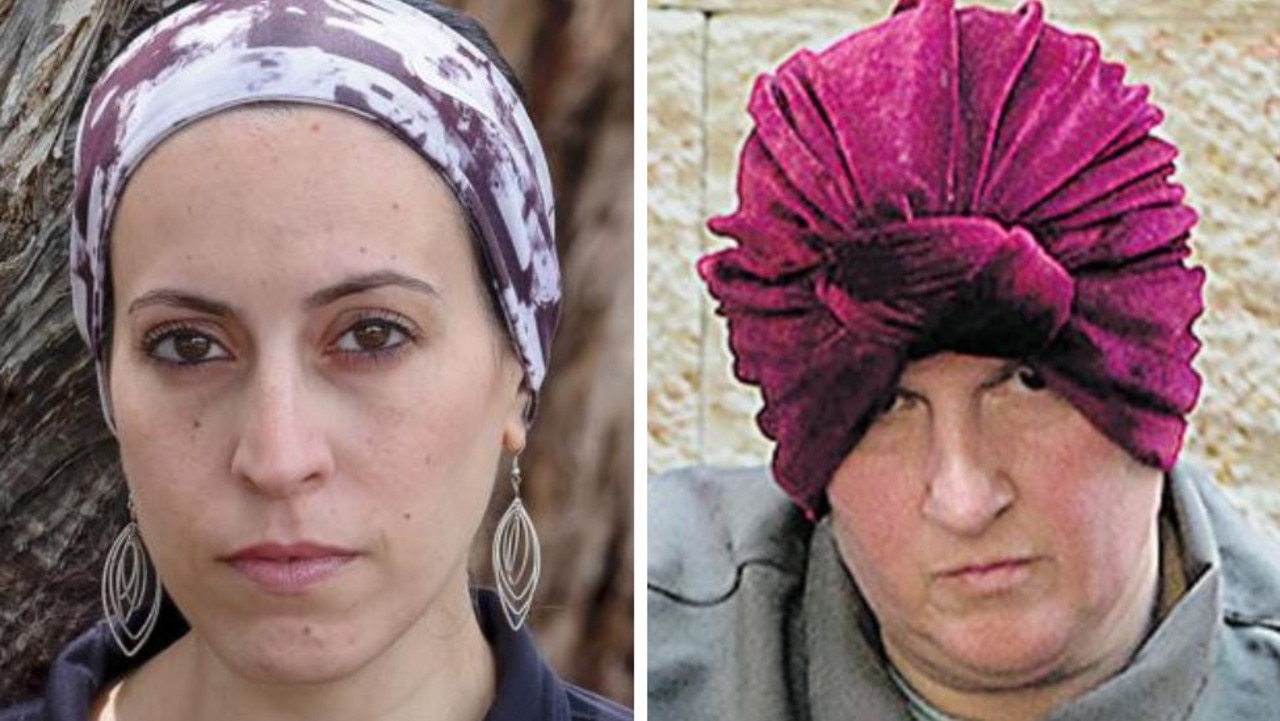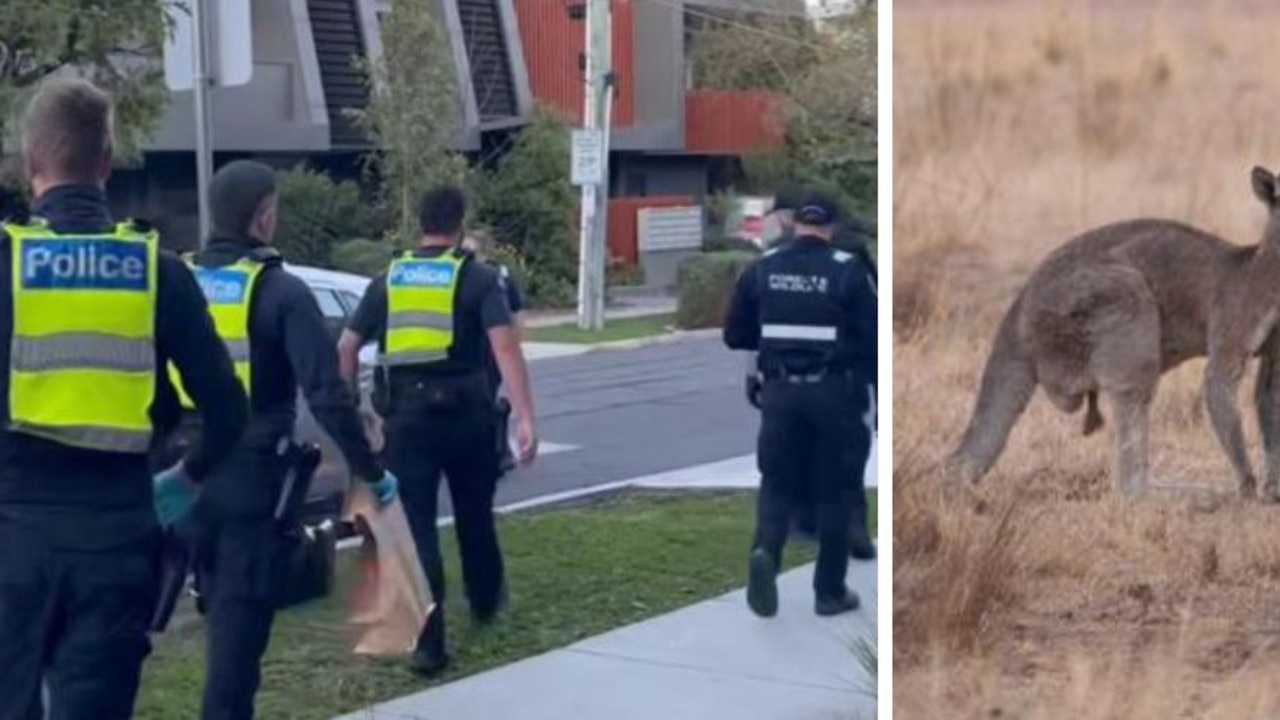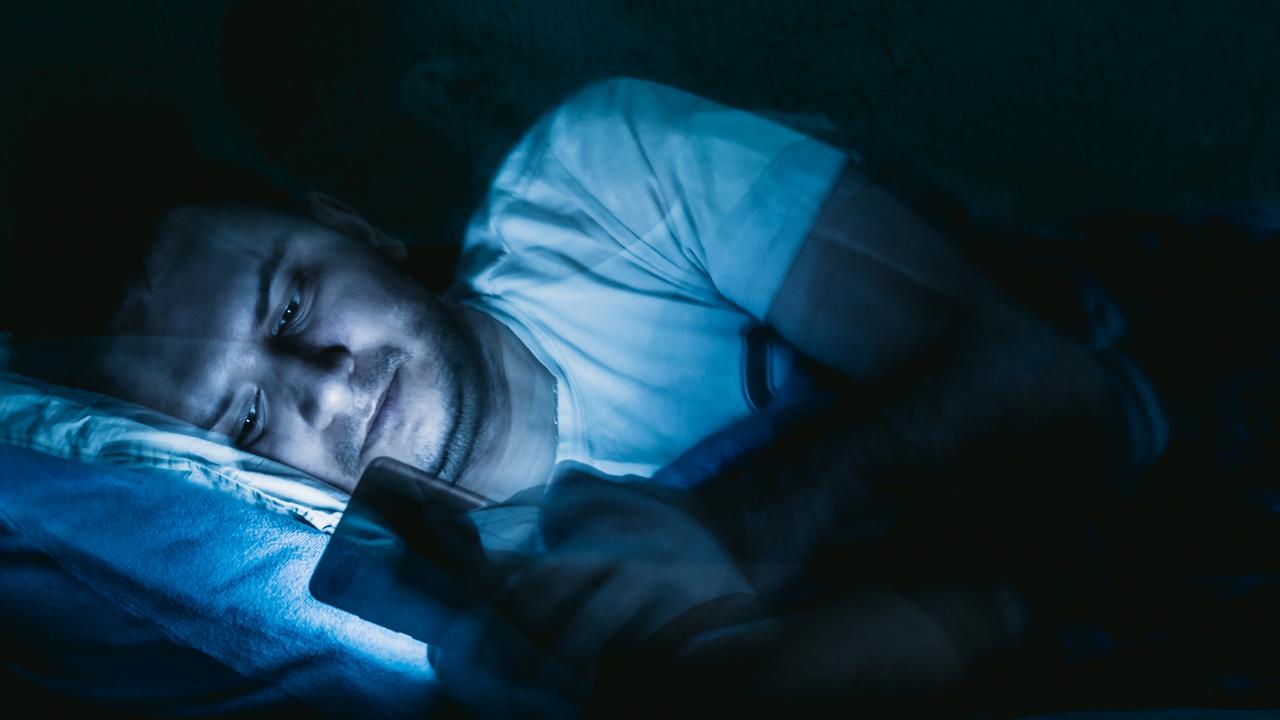Smith Street in St Kilda is rife with crime and residents want action
A SMALL street in Melbourne is being rattled by crime, with drugs being dealt and neighbours being terrorised daily.
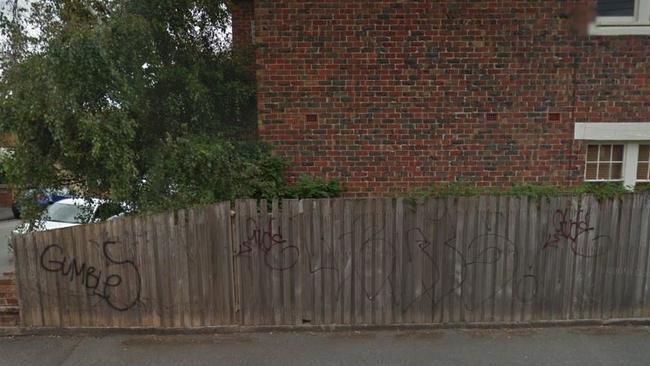
A SMALL street in Melbourne is being rattled by crime, with drugs being dealt and neighbours being terrorised daily.
Smith Street in St Kilda, southeast of Melbourne’s CBD, looks like any normal quiet suburban street, but there’s more sinister things happening and even police are being forced to patrol it constantly.
Parts of the street are lined with scrappy graffitied fences and telegraph poles and according to Fairfax Media, it’s a place for daylight drug dealings and burglaries.
Victoria Police has been attempting to tackle a huge spate of crime in the city of late, with home invasions and carjackings putting fear into people across Melbourne.
Some people have even bought their own baseball bats in order to protect themselves.
Fairfax Media reports Smith Street has been at the centre of an 18-month long crime spree, with one house in particular believed to be causing trouble.
Just over a week ago, a car linked to that house was torched, and police ended up raiding the home on Thursday and a woman was charged with possessing a drug of dependence.
Other residents in the street have been concerned about the sinister behaviour and they want to take it into their own hands while police and Victorian MP Martin Foley prepare to hold a community meeting on Tuesday.
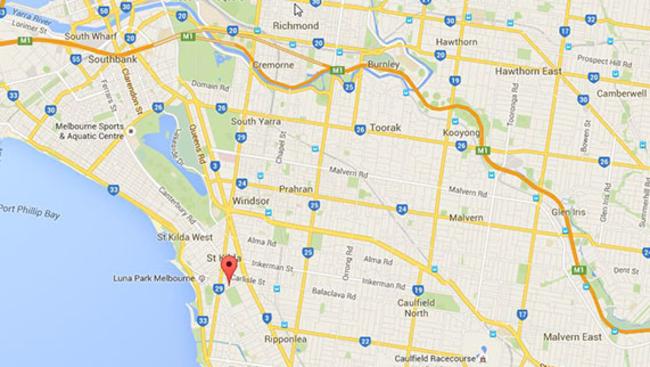
This will be the second meeting in a week, with Victoria Police chief commissioner Graham Ashton holding a summit to tackle youth crime last Thursday.
“We’re hearing it’s easier for them to deal drugs than to deal with the bureaucracy of Centrelink,” he said.
“For them it’s easier to steal than to earn.”
Former assistant commissioner Gary Jamieson believes there’s not enough local police on the frontline to tackle the spate of crime and meet the public demand for safety.
Writing for the Herald Sun on Monday, he said successive governments and police leadership “abandoned” frontline policing.
He said there was no strategy to increase it and police officers were spending “valuable time” on administrative tasks.
“It is not that police numbers are grossly insufficient. What is lacking is a clear plan that makes operations police the priority,” he wrote.
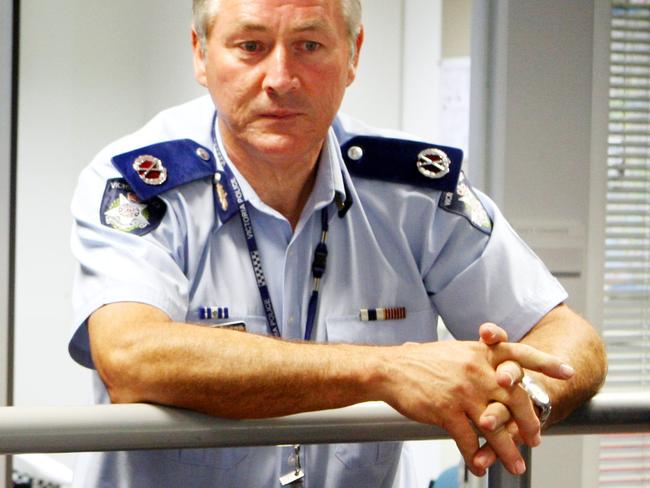
His view is backed by the police union, which has called for a review of the number of task forces.
“The pendulum has swung too far in favour of taking members off the frontline and into task forces,” Police Association Victoria secretary Ron Iddles said in a statement.
While discussions at last week’s youth crime summit were good, “we don’t want paralysis by analysis either, we need action now”, Mr Iddles said.
Melbourne’s growing west was an area that desperately needed more police proactively patrolling and where members were stressed from being under-resourced, he said.
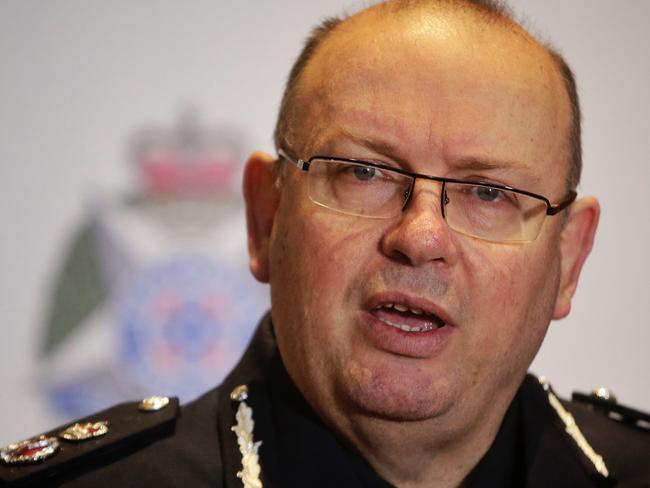
Premier Daniel Andrews said he would react on advice from Chief Commissioner Graham Ashton.
“With the greatest of respect to former members of the Victorian police force, I appropriately take my advice from the chief commissioner,” Mr Andrews told reporters.
“What I have said, what I have delivered on, is the chief commissioner will have the powers and resources that he needs to fight crime and keep our communities safe.”
Mr Andrews said Mr Ashton had been involved in the last budget process “like no chief commissioner has ever been”, resulting in nearly $600 million funding for new equipment and uniformed police.

